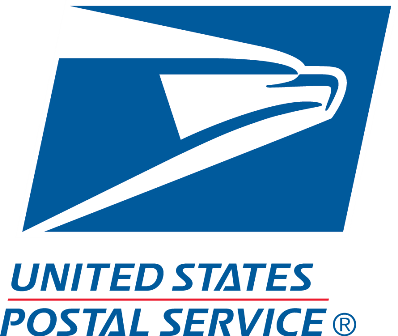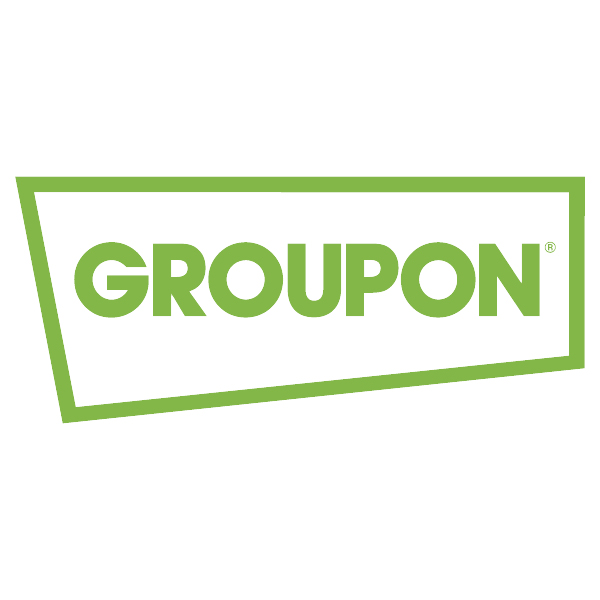On Starting A Vertical Farming Business
Hi, I’m David Rosenberg and I co-founded and lead AeroFarms. We are the world leader in vertical farming and proudly based out of Newark, New Jersey. Today, we operate commercially out of our 70,000 square foot facility. This is the world’s largest vertical farm based on annual growing capacity (up to two million pounds per year).
Today, we focus on planting, growing, and harvesting baby leafy greens, which we sell to food service and retail. To list a few of our many customers, these include world-renowned chef Marcus Samuellson, Whole Foods, and ShopRite. If you’re interested in our products, we have a range of products that you can buy locally in New Jersey or order online through FreshDirect.
We are up to 390 times as productive as conventional farms while our products are grown using up to 95% less water than conventional crops, zero pesticides, and zero soil.


Download the report and join our email newsletter packed with business ideas and money-making opportunities, backed by real-life case studies.

Download the report and join our email newsletter packed with business ideas and money-making opportunities, backed by real-life case studies.

Download the report and join our email newsletter packed with business ideas and money-making opportunities, backed by real-life case studies.

Download the report and join our email newsletter packed with business ideas and money-making opportunities, backed by real-life case studies.

Download the report and join our email newsletter packed with business ideas and money-making opportunities, backed by real-life case studies.

Download the report and join our email newsletter packed with business ideas and money-making opportunities, backed by real-life case studies.

Download the report and join our email newsletter packed with business ideas and money-making opportunities, backed by real-life case studies.

Download the report and join our email newsletter packed with business ideas and money-making opportunities, backed by real-life case studies.






































